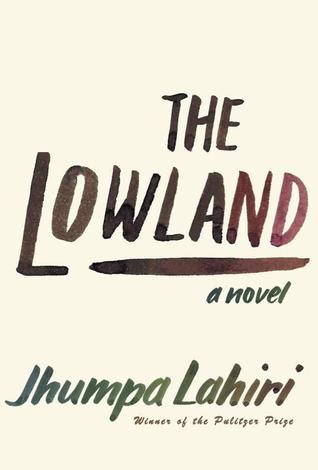(Includes two 4**** and two five*****)
So thankful and delighted!
--------------------
Posted April 22, 2014
Great book!
Loved the characters. Will read other books bythis author.
--------------------
Posted March 17, 2014
Ocean's daughter
A good read. I found the "middle" dragged a little, but the ending was worth reading through to the end. An interesting storyline that makes me wonder if the author will pursue this further with another book...if so, i would most certainly read it!
---------------------
Posted February 22, 2014
Good story
Writer did a good job in fleshing out her characters and story line. Liked the ending too.
--------------------
Posted May 1, 2013
This novel was a great read. Made me cry, laugh and imagine myself on the island of Neona. Faith Anna's portrayal of her characters is vivid and indepth. She touches on the core of their thoughts and emotions. Overall, it is a well-written story, uplifting and with a surprising end. I'll certainly be looking out for this writer's next book!
-------------------
http://www.barnesandnoble.com/reviews/Oceans-Daughter%2FFaith-Anna/1115113114?ean=2940044430280


 3. Raw talent is wonderful, but has no value until it is worked and nurtured and developed.
3. Raw talent is wonderful, but has no value until it is worked and nurtured and developed.


